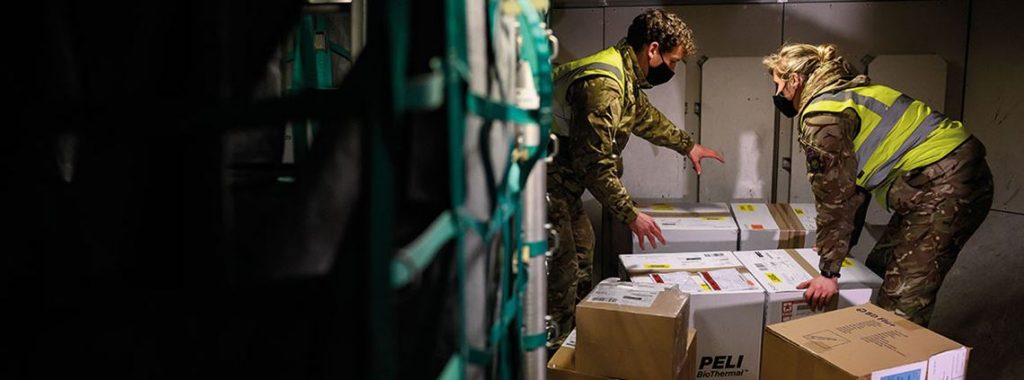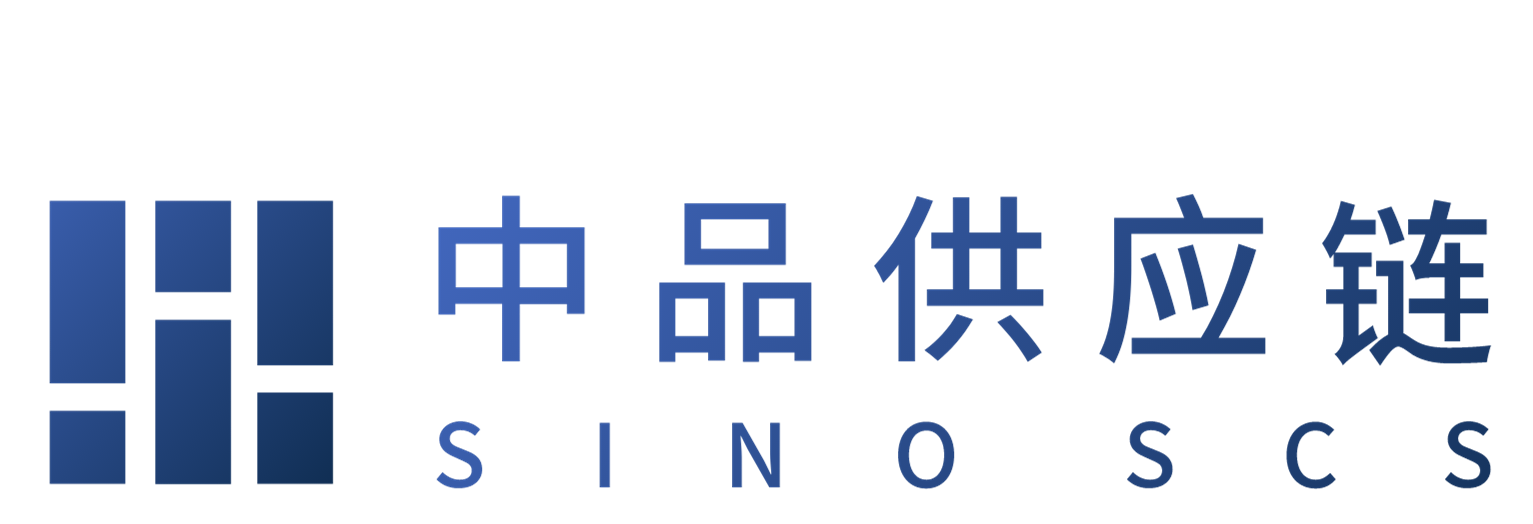How to build a supply chain during a global crisis

An international health emergency meant relentlessly navigating logistical pressures to deliver essential vaccines to the world’s most remote locations
Supply chain management has the ability to provide relief to people and communities, which is both life-saving and life-changing. There is perhaps no better example of this than during the global Covid-19 pandemic in which the collective efforts of organisations and their supply chains delivered much-needed vaccines.
While developed countries were able to establish their own supply chains, this was not the case for some of the world’s poorest countries, which would need support to get back on their feet.
At the heart of these efforts was Crown Agents, an organisation that works to enact sustainable change and enable self-sufficiency across the world through its work with foundations, charities, governments, donors, and corporations. Few projects have been more impressive than its delivery of 4.5m vaccines distributed to 16 countries across the world.
This gargantuan effort encompassed 85,500 miles and 23 flights within eight days, where not a single dose was spoiled. An additional 450,000 Covid-19 vaccines were sent to 14 of the UK’s Overseas Territories, many of which are located in extremely remote and hard-to-reach regions.
The Pitcairn Islands, for example, are in the midst of the Pacific Ocean – a two-week boat journey away from its closest neighbour, New Zealand.
Tristan Da Cunha, another Overseas Territory located in the South Atlantic Ocean, has been described as the most remote community on earth. Crown Agents successfully supplied life-saving vaccines to these territories, accounting for the complex transportation routes and tight timelines for delivering doses before they would spoil.
Supply Management spoke to Graeme Kelly, head of Crown Agents’ logistics arm, Greenshields Cowie, about how he and his team navigated complex logistical challenges to deliver vaccines in an unprecedented supply chain environment.
Start with due diligence
The reality of building a supply chain from scratch can be daunting, especially in situations with significant time or budget constraints. Geopolitical events or civil unrest can create extra complexity when trying to uphold a supply chain or to establish networks abroad, though with reliable network partners spread out globally this can be surmounted.
When Crown Agents began distributing vaccines to parts of Africa, the Pacific Islands and the Caribbean, it started from absolute zero. With the additional problems created by quarantine and travel restrictions, it leveraged support from existing partners, as Kelly explains.
“We started to build the supply chains with a set of suppliers that had been through our due diligence processes and with whom we had frameworks,” he says.
“This was vital – we needed a network we could rely on which had experience and knew how to apply the maximum flexibility to the project. The logistics side of the operation was restricted, as air routes we would have taken were hampered and border crossings were closing.
“With that in mind, we also had to look at different options and put forward creative solutions. We looked at different routes, different suppliers and even had PPE sat on aircraft seats. And once the stock arrived at its destination country it had to be delivered to its final destination, which involved setting up a cold chain. We essentially took complexity and cubed it.”
Work with the best people
Complexity is an inherent part of every supply chain. It’s a composite of time, budget, geopolitics and administrative red tape that’s often unforeseen and unknown but, as Kelly advises, it can be accounted for from the offset if you take a diligent approach.
“When we established a cold chain in the Caribbean, in fact any region, our priority was to comply with the global standards for good distribution practice that govern the logistics of pharmaceuticals. Through that you would have a risk assessment for every route you have in place and a contingency plan to deal with problems.”
Across the entire project, the complexities Crown Agents encountered were significant, including borders and warehouses closing at short notice, and keeping vaccines cool to avoid spoilage.
To mitigate risk, it doubled up vehicles on some routes, tracked everything continuously and proactively managed potential temperature and time pressures by expediting shipments through to final handover.
“You have to think through every possible risk and address each with appropriate actions,” Kelly explains. “You also have to be willing to learn very quickly. Success on these projects comes from a clear understanding and active collaboration of all parties. Greenshields solves these challenges through the implementation of control tower operations and by actively performance managing the suppliers.
“As a takeaway, I would suggest working with the right supplier for the right job. And don’t be afraid to go looking for that. Keep in mind the need for agility and adaptability, and a will to collaborate from the partners that you are working with. Ultimately, you’re all on the journey to make it a success.”
Get ahead of corruption
Corruption in supply chains is an ongoing problem. According to the UN Global Compact, bribery amounts to approximately 5% of GDP in the US alone, which equates to around US$1tn paid in bribes each year.
When establishing new supply chains in regions that have ongoing political or civil unrest, it can be a particular issue. To engage with suppliers under those circumstances, it pays to ensure that you have gone through a process of due diligence. This not only eradicates any potential damage to stakeholders, but also goes some way towards driving change in those territories
“The process of due diligence is not only a financial check, but a political and ethical check too,” Kelly says.
“No stakeholder wants to be damaged or tarnished by corruption. It’s a process we go through with every supplier, even in an emergency response situation where we have to move quickly.”
Deliver on value and change
When delivering vaccines as well as goods to communities in crisis, the notion of value shifts from the bottom line to one of social change.
“Supporting remote communities, such as Pitcairn, really matters – a Covid-19 outbreak in a small and isolated community like this would be devastating.
Not only are health facilities on the island limited in the equipment and services they can provide – the distance to its closest neighbour, New Zealand, is a two-week boat ride.
Ensuring places such as Pitcairn aren’t forgotten in the world’s vaccine response makes them feel part of the global community, which reassures them that someone is fighting their corner.”
The systems put in place in the most challenging environments matter the most.
Though due diligence and building of trusted networks may seem par for the course, they are essential for developing the transparency and subsequent high-performance which enables those environments to grow and prosper, and ultimately contribute to the global economy.

